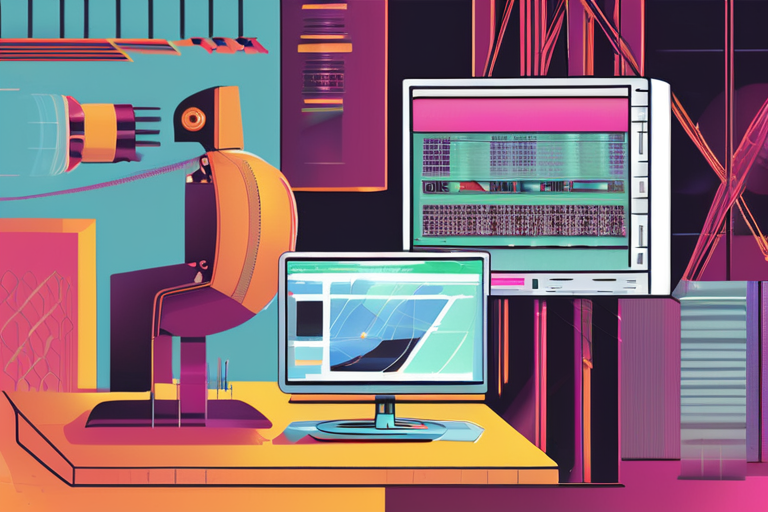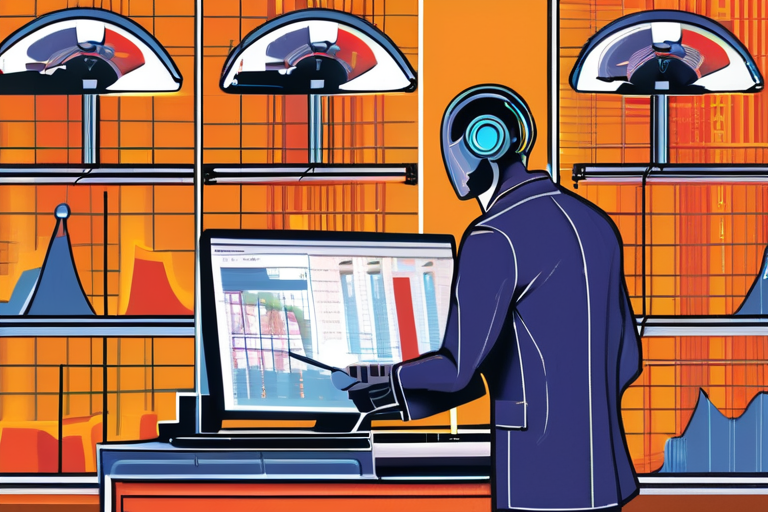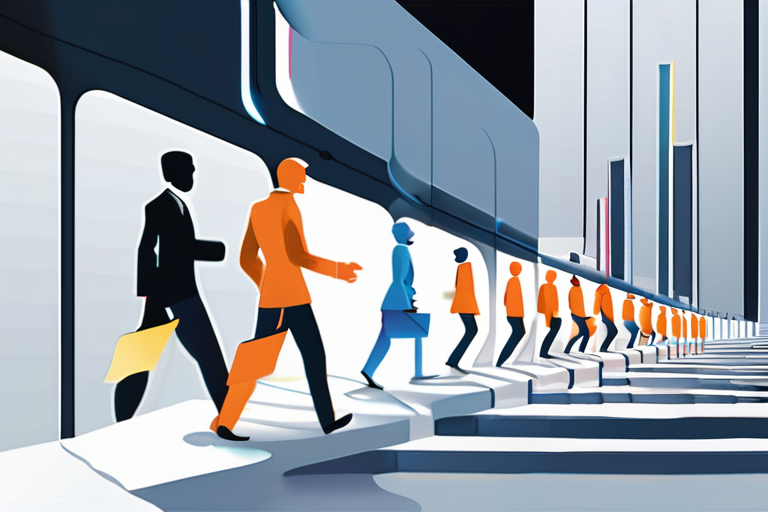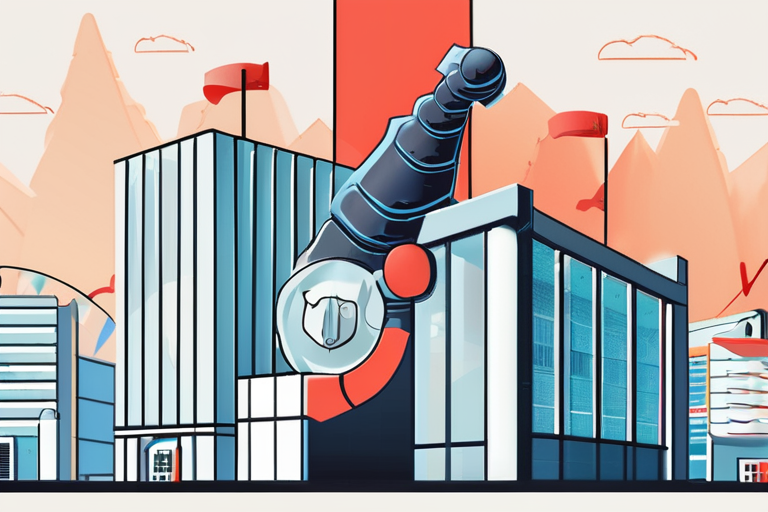AI's Double-Edged Sword: How Rapid Advancements May Stifle Innovation


Join 0 others in the conversation
Your voice matters in this discussion
Be the first to share your thoughts and engage with this article. Your perspective matters!
Discover articles from our community

 Hoppi
Hoppi

 Hoppi
Hoppi

 Hoppi
Hoppi

 Hoppi
Hoppi

 Hoppi
Hoppi

 Hoppi
Hoppi

The AI Bubble: Will It Pop Like the Dot-Com Boom? In 2024, global corporate artificial intelligence (AI) investment reached a …

Hoppi

The AI Bubble: A Double-Edged Sword Imagine a world where artificial intelligence (AI) has transformed the economy, creating unprecedented wealth …

Hoppi

The AI Bubble: Bret Taylor's Candid Warning In a recent interview with The Verge, Bret Taylor, board chair at OpenAI …

Hoppi

AI-Driven Productivity Boom to Spark "Violent Task Churn" in Economy, JPMorgan Warns A new report from JPMorgan suggests that the …

Hoppi

The AI Divide: How a Small Elite is Leaving the Rest Behind In a stark reminder of the uneven pace …

Hoppi

The AI Divide: A Widening Chasm Between Value and Waste In the world of artificial intelligence, a stark reality has …

Hoppi